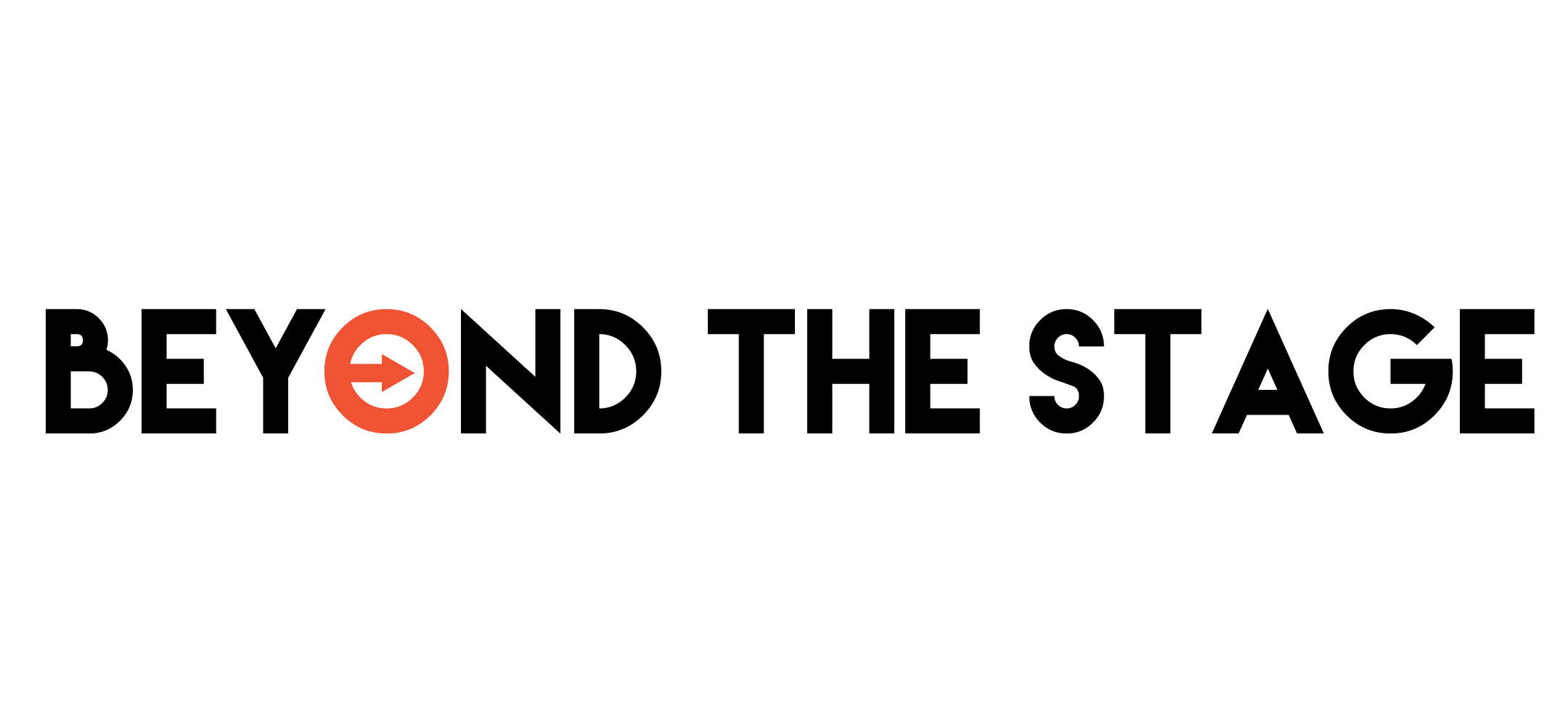We can all agree that Music Therapy can be an essential to our physical, mental, and emotional health. Music is there when we feel sad, depressed, angry, heartbroken, and even happy. What you may not realize is that music therapy is an actual form of therapy that you can get a degree in, and it is practiced in nursing homes, psychiatric faculties, and hospitals.
The American Music Therapy Association defines music therapy as the clinical and evidence-based use of music interventions to accomplish individualized goals within a therapeutic relationship. A professionally trained music therapist with a degree in Music Therapy helps assist emotional well-being, physical health, and social functioning through music designed responses.
Sessions of Music Therapy can be individual or in group-like settings, according to AMTA. Typically, clients listen to music and discuss the lyrics. This is just one example of what may take place in a session.
Music Therapy is used in various locations. According to AMTA, hospitals use music therapy to make patients comfortable and to elevate patients’ mood to lessen muscle tension. In nursing homes, MT is used to maintain or increase emotional, physical, and mental function among the elderly according to AMTA. In psychiatric faculties, music therapy helps a person with mental health needs explore their personal feelings and make positive changes in mood and emotional states.
According to a study at Alto University in Finland, scientists monitored brain activity in the medial prefrontal cortex (mPFC) and the area of the brain that is associated with emotional regulation. They found that women listened to music to distract themselves from negative feelings, while men listened to music to help them express their negative feelings.
However, there are some common misconceptions about Music Therapy. According to AMTA, one of the misconceptions is that the patient or client has to have some music ability to benefit from music therapy. That’s not true. There’s a reason why almost anyone at any age can benefit from music therapy; they don’t have to have any music ability and there’s not one particular style of music used in Music Therapy, either.
Whether you use your own Music Therapy by simply listening to music after a bad day or you seek professional Music Therapy near you, it’s clear that music has a connection to our emotions and feelings. AMTA offers that the future of Music Therapy is promising and is also becoming a form of research in Alzheimer’s disease. Music Therapy is a unique form of therapy that has proven to be helpful and can benefit many people at any age.
- Today in Music History: April 7 - April 7, 2023
- EP Review: Michigander’s It Will Never Be The Same - March 31, 2023
- Deep Dive: Spotify’s ALT NOW Playlist - March 30, 2023








